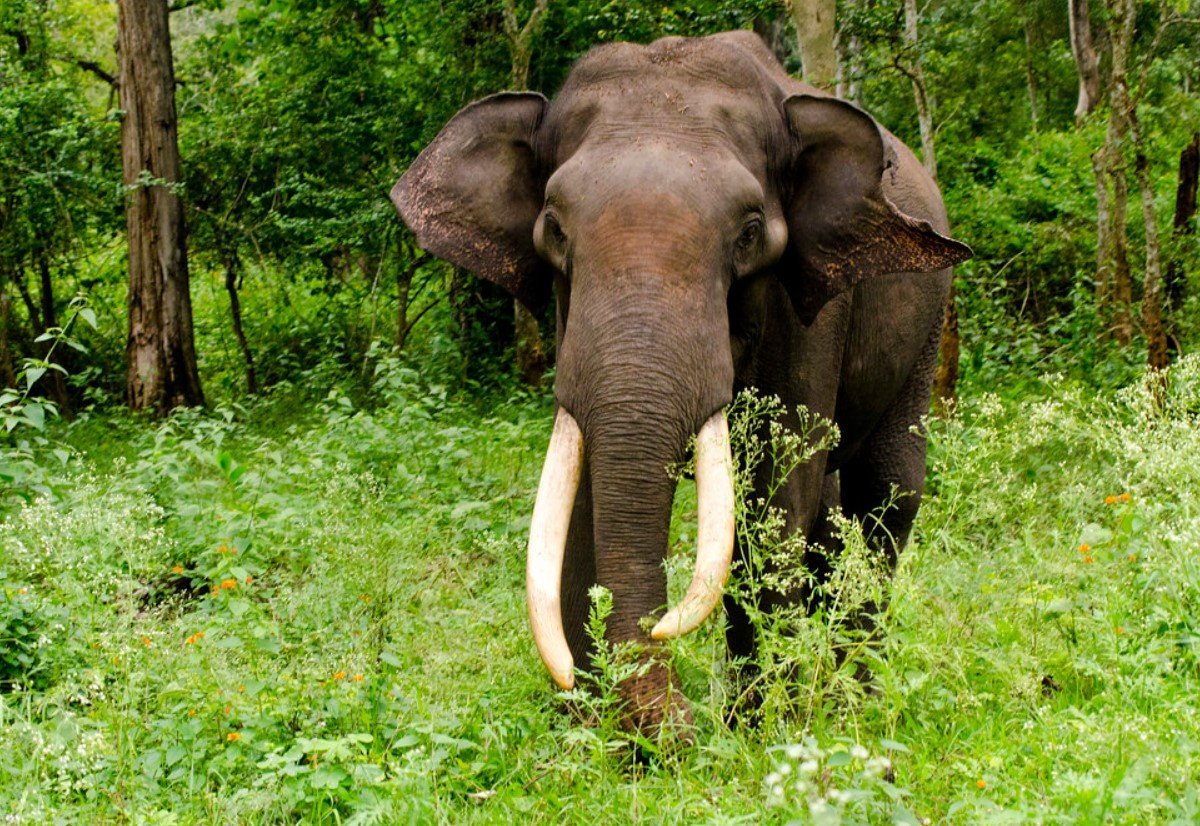A new study by Indian scientists has documented the remarkable behaviour of Asian elephants, who mourn and bury their dead calves with loud vocalisations and ritualistic actions. The study, which is the first of its kind for the Asian species, sheds light on the social and emotional lives of these endangered animals.
Asian elephants carry and bury their calves in upright position
The study, which was published in the Journal of Threatened Taxa this week, observed five cases of calf burials by Asian elephants in the north of India’s Bengal region in 2022 and 2023. The researchers found that the elephants carried the deceased calves by their trunk and legs for a long distance, before burying them in the earth with their legs facing upward.
The researchers said that this was an abnormal recumbent style of burial, which was different from the natural position of the calves when they died. They also said that this behaviour showed the care and reflection of the herd members towards the deceased, and that it was similar to some human funeral rites.

Asian elephants vocalise and avoid the burial site after the ceremony
The researchers also recorded the vocalisations of the elephants during and after the burial ceremony. They said that the elephants roared and trumpeted loudly around the buried calf, as if expressing their grief and mourning. They also said that the elephants fled the site within 40 minutes of burial, and never returned to the area again.
The researchers said that these vocalisations and avoidance behaviours indicated the emotional attachment and distress of the elephants, and that they were different from the behaviours of wild elephants who visit carcasses at different stages of decomposition. They also said that these behaviours were similar to those of African elephants, who have been previously studied for their mourning and burial rituals.
Asian elephants face multiple threats and need more protection
The researchers said that their study was important for understanding the social and cooperative behaviour of Asian elephants, who are recognised as endangered by the International Union for Conservation of Nature. They said that Asian elephants face multiple threats, such as habitat loss, human-elephant conflict, poaching, and disease, and that they need more protection and conservation efforts.
The researchers also said that their study was based on opportunistic observation and limited data, and that more research and collaboration are needed to explore the potential health benefits and evolutionary significance of the burial behaviour of Asian elephants. They also said that their study was a tribute to the elephants who lost their lives, and to the people who work for their welfare.








